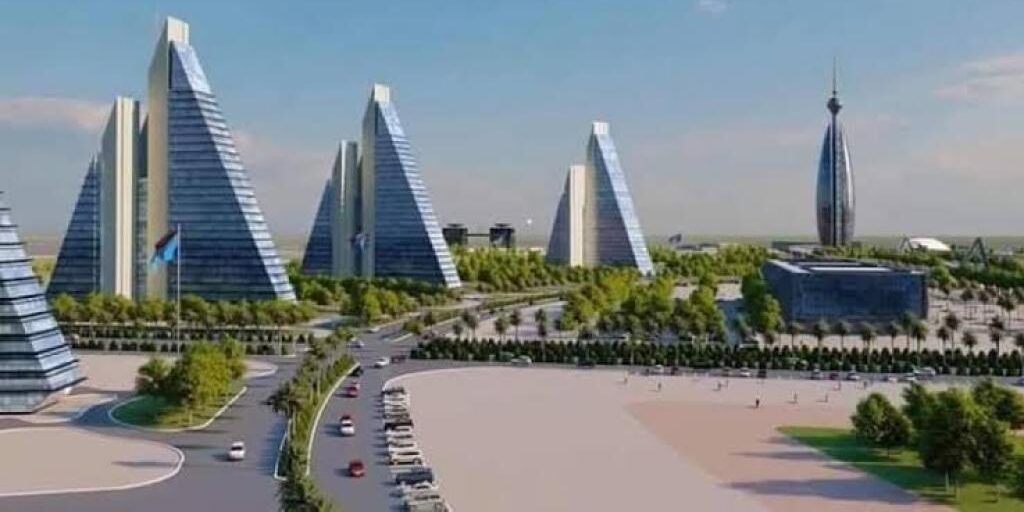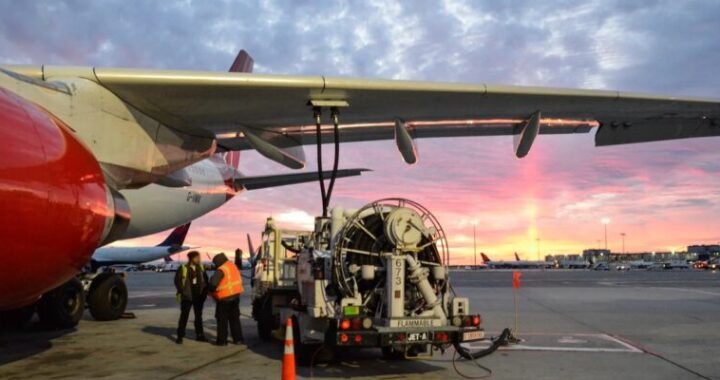DRC’s “Kitoko city”, project generating more than 500,000 direct and indirect jobs

The realization of the first phase of the large Kitoko real estate project – the extension project of the city of Kinshasa – is progressing at a snail’s pace. This new smart city that the Government plans to build should allow the creation of more than 500,000 direct and indirect jobs and initiate a certain economic recovery with induced effects on the economy of scale and the circular economy.
According to the Government, subcontracting to local businesses will also be encouraged. A tempting opportunity for local SMEs.
The realization of this project is strongly desired to promote youth employment which remains a crucial problem in the DRC. According to the latest U-report survey by the United Nations Children’s Fund (Unicef), 78% of young people questioned are unemployed. In addition, 25% of young people do not find job opportunities in their fields of study. Public administration, private companies and NGOs do not offer them enough job opportunities after their studies. The 500,000 jobs that Kitoko will generate will greatly help young people.
The Head of State Félix Tshisekedi had declared his intention to lay the first stone launching the works of the city Kitoko on June 30th. Something that has not been done.
“The city is in the making. I received the architect who is working on it with my teams. He’s a Senegalese. We made a lot of contacts in Egypt and the United Arab Emirates. We are in contact with many donors. It will come out of the land very soon, I hope. According to the architect, I will lay the first stone at the place that has been designated. It’s after N’djili airport,” Félix Tshisekedi told the Congolese community of Abidjan on the sidelines of his participation in the 15th Conference of the Parties (COP) of the United Nations Convention to Combat Desertification. (UNCCD).
According to the government, two prerequisites come into play for the success of this project. This involves the creation of a public agency for the execution of works and the creation of a public industry for the production of materials.
This vast urban center designed by the Senegalese architect engineer Pierre Goudiaby Atepa (73) has been entrusted to Income, an Egyptian consortium. The feasibility study was carried out and endorsed by the Anglo-American firm Deloitte.
context
It was in February 2021 that Félix Tshisekedi attended in Cairo the signing of the contract for the production of Kitoko.
According to the model, Kitoko will extend over 30,000 hectares, 40 km from the city center and 15 km from N’Djili Airport. Of this area, 10,000 ha will be dedicated to roads, 10,000 ha to agro-food technopoles, the land should also occupy 10,000 ha. A government city, a convention center, a courthouse, hospitals should also be erected there.
The first phase of the project which includes various constructions will cost around 4 billion USD and will last 5 years. Several partnerships are solicited to complete the financing of this crucial step.


 President Akufo-Addo Inaugurates Dualisation of Anwiankwanta-Ahenema Kokoben Road to Ease Traffic and Boost Connectivity
President Akufo-Addo Inaugurates Dualisation of Anwiankwanta-Ahenema Kokoben Road to Ease Traffic and Boost Connectivity  Angola-Zambia Road Project to Boost Trade and Economy in Eastern Angola
Angola-Zambia Road Project to Boost Trade and Economy in Eastern Angola  Power China Group Utilizes Linnhoff TSD1500 for Key Rural Road Projects in Kenya
Power China Group Utilizes Linnhoff TSD1500 for Key Rural Road Projects in Kenya  ECOWAS HQ construction draws closer to completion
ECOWAS HQ construction draws closer to completion  BP Subsidiary to Sell 50% Stake in Maputo Airport Fuelling to Petromoc
BP Subsidiary to Sell 50% Stake in Maputo Airport Fuelling to Petromoc  Nigerian President: Fuel Subsidy Removal Saves $1.32B in 2 Months
Nigerian President: Fuel Subsidy Removal Saves $1.32B in 2 Months  TENDER FOR THE ESTABLISHMENT OF CODING & ROBOTIC HUBS IN SCHOOLS | SOUTH AFRICA
TENDER FOR THE ESTABLISHMENT OF CODING & ROBOTIC HUBS IN SCHOOLS | SOUTH AFRICA